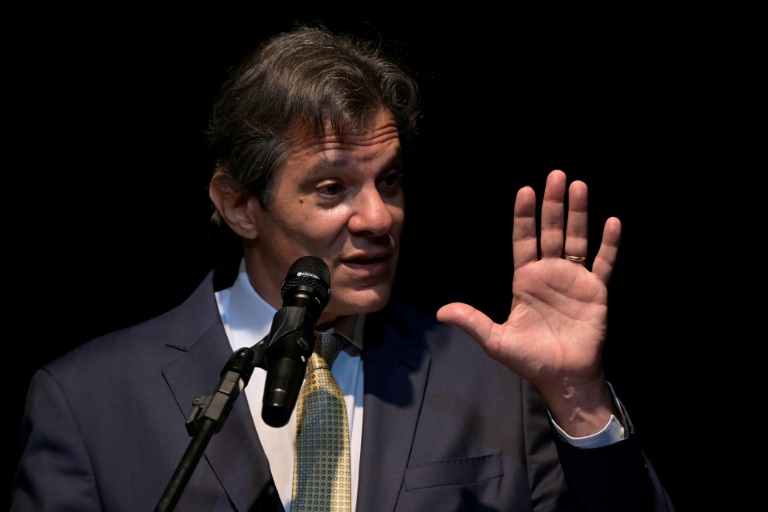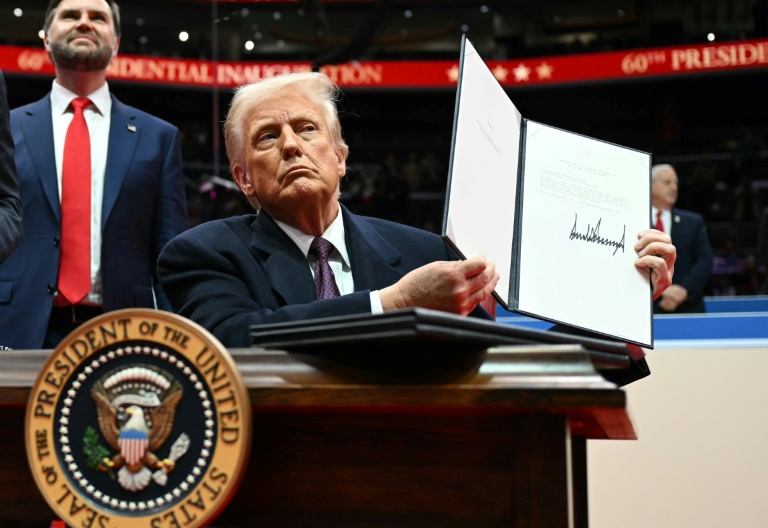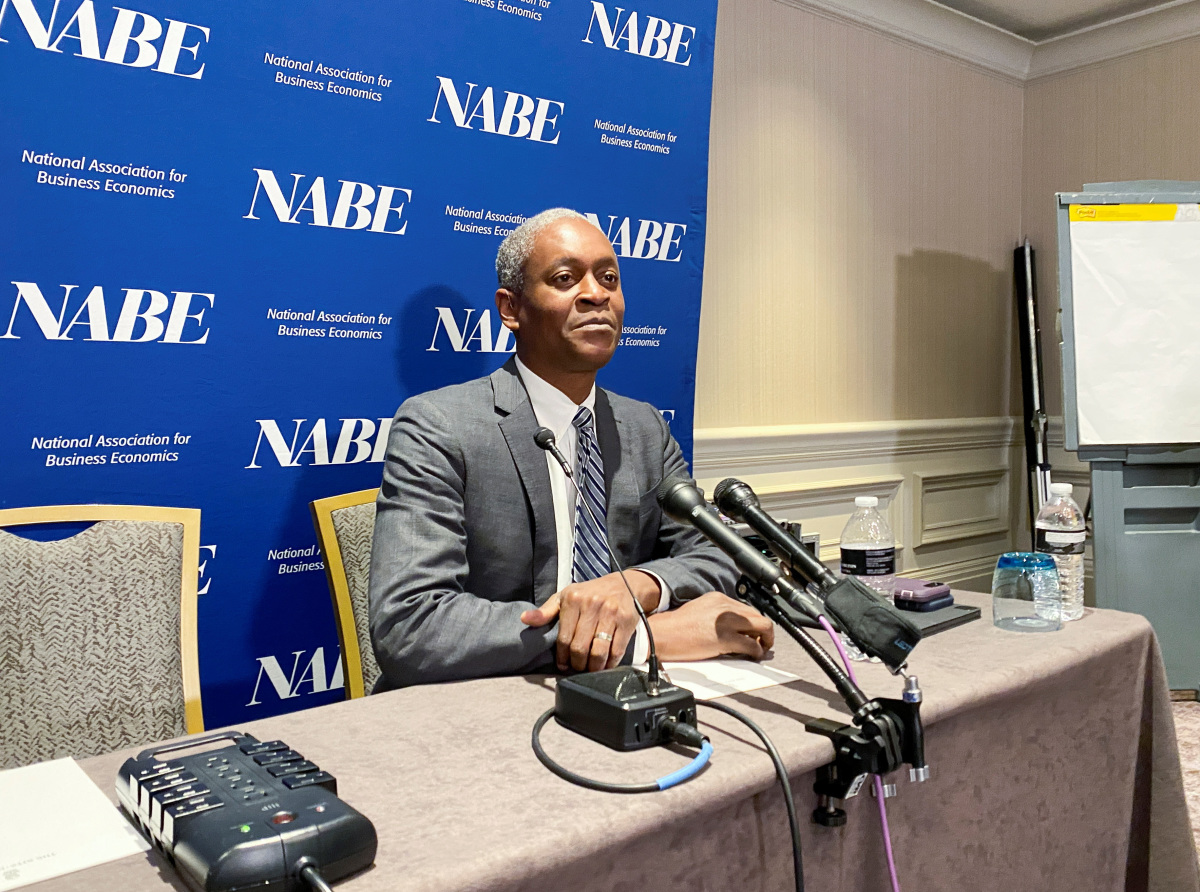AFP
Brazil’s new President Luiz Inacio Lula da Silva held his first cabinet meeting Friday, getting down to the business of “rebuilding” and “reunifying” the country after his divisive election battle with far-right predecessor Jair Bolsonaro.
The veteran leftist’s new government looks radically different from Bolsonaro’s, with 11 women, five blacks and two Indigenous ministers — a break with the previous administration, which was dominated by white men and military generals.
Here is a look at five key figures in the new government.
Lula, 77, ignored market pressure and named a political pick for finance minister: Fernando Haddad, a longtime ally who ran for president for his Workers’ Party (PT) in 2018.
The choice has not exactly thrilled the business world: stocks in Latin America’s biggest economy fell more than three percent Monday on the first business day of Lula’s term, with investors nervous over how he will fund his promised social spending, given Brazil’s already overstretched government finances.
Haddad, 59, a lawyer who previously served as education minister and Sao Paulo mayor, has sought to send a message of fiscal discipline.
“We’re not here to go on big-spending adventures,” he said Monday at his swearing-in. “We’re here to ensure the economy resumes growing to meet the population’s needs in health, education and social programs, while guaranteeing fiscal balance and sustainability.”
Marina Silva, a veteran environmentalist, faces the huge job of rebuilding Brazil’s environmental protection agencies and stanching the destruction of the Amazon rainforest, which surged under Bolsonaro.
The diminutive but fiery 64-year-old environment minister, who rose from a childhood of poverty in the Amazon to become a respected activist and politician, vowed Wednesday as she took office to ensure Brazil “stops being an international pariah” on climate issues.
Environmental groups are calling for her to take urgent, decisive action — and for Lula to give her the power to do so.
The two had a falling-out when she previously served as environment minister during his first presidency. She quit in 2008 after disagreements with his pro-development policies in the Amazon.
Career diplomat Mauro Vieira, 71, says his task as Brazil’s new foreign minister is to “rebuild the country’s bridges with the world.”
Brazil is coming off four years of mounting isolation under Bolsonaro, who cultivated close ties with former US president Donald Trump but alienated many of Brazil’s traditional partners, especially Europe and China.
Lula has vowed to renew Brazil’s traditional multilateralism, especially on climate issues — though he has also raised eyebrows in the West with some comments, such as saying Ukraine bears equal blame for its war with Russia.
Vieira, a respected foreign service veteran, previously served as foreign minister under ex-president Dilma Rousseff from 2015 to 2016.
He took office Monday vowing: “Brazil is back.”
Lula, who won the October election thanks to overwhelming support in Brazil’s impoverished northeast, has named four former governors from the region to his cabinet.
One of the most powerful figures in his administration will be Justice Minister Flavio Dino, 54, former governor of the northeastern state of Maranhao, who ran in 2015-2022.
A former judge, Dino was a vocal Lula spokesman during the transition period, condemning “unacceptable terrorism” by far-right hardliners refusing to accept the election result, after a Bolsonaro supporter was arrested for planting a tanker truck rigged with explosives near the Brasilia airport.
New Human Rights Minister Silvio Almeida, a 46-year-old black lawyer and public intellectual, turned heads on his first day in office with an impassioned speech that underlined the new administration’s break with the Bolsonaro years.
Speaking to groups that complained of being marginalized, discriminated against or ignored under Bolsonaro — including blacks, women, the disabled and the LGBT community — he repeated over and over: “You exist, and you are valuable to us.”
The speech drew loud cheers and went viral online, cementing Almeida’s status as a rising star in Brazilian politics.
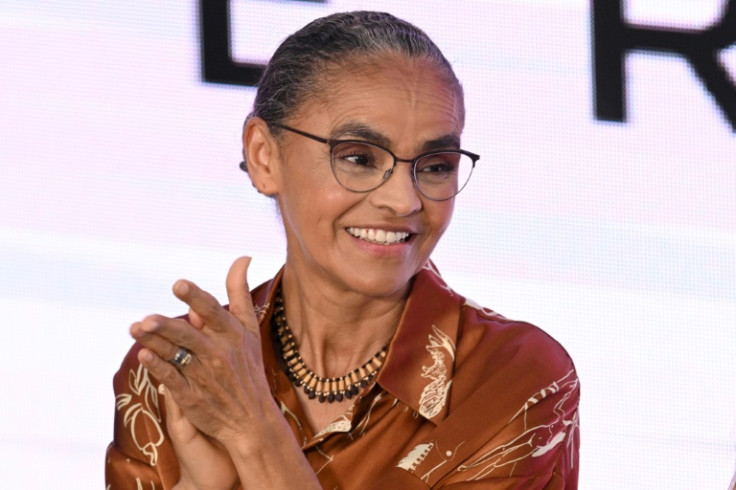
AFP
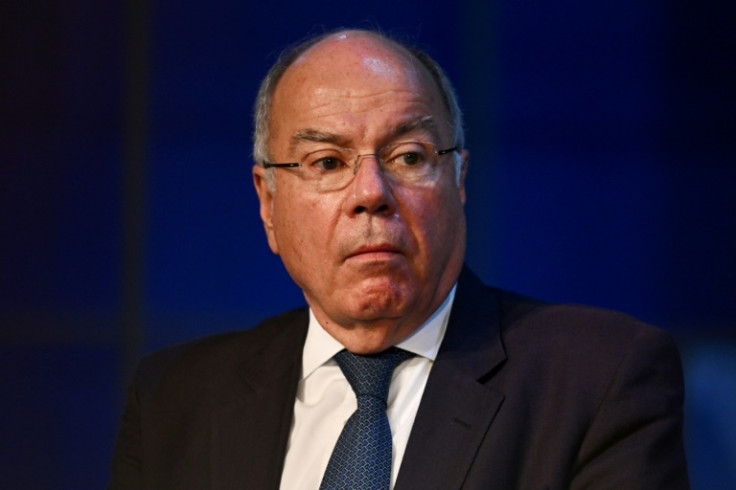
AFP
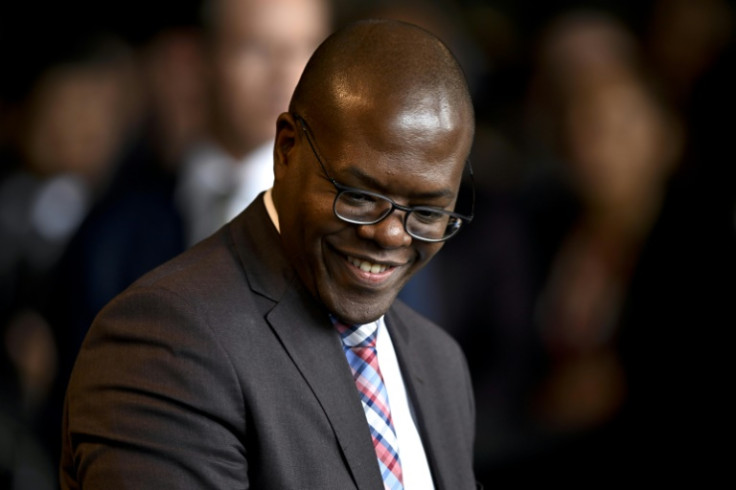
AFP

AFP

